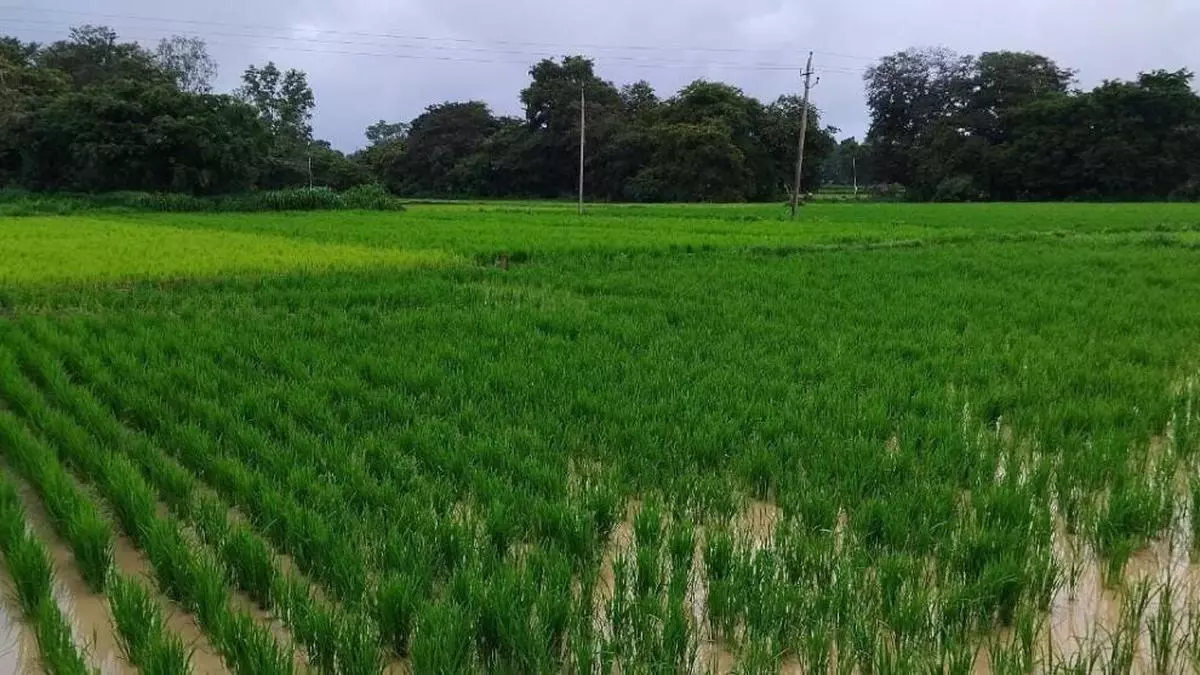Karnataka, a south Indian state known for its agricultural activities, has recently been facing a significant rainfall deficit. From June 1 to August 30, the state has received only 488 mm of rainfall, which is 26% below the normal average of 660 mm for this period.
This shortfall in rainfall has raised concerns among farmers and agricultural experts as it can potentially lead to crop loss. Karnataka heavily relies on these monsoon rains to sustain its agriculture sector, and any deficit in rainfall can negatively impact the farming community.
The state government has taken note of the situation and is planning to assess the extent of crop loss caused by this rainfall deficit. It is estimated that it will take about 10 days to quantify the losses. The assessment will help in understanding the severity of the situation and enable the government to provide assistance and support to affected farmers.
The rainfall deficit has also sparked discussions about the overall impact on the state’s economy. Agriculture is one of the major contributors to Karnataka’s economy, and any disruption in this sector can have wide-ranging consequences. The reduced agricultural output can result in increased food prices, affecting both consumers and farmers. It can also lead to a decline in income for farmers, impacting their livelihoods.
To address this concern, the state government is exploring various measures to alleviate the impact of the rainfall deficit. These measures include providing financial aid, implementing irrigation projects, and encouraging the adoption of alternative farming techniques that are less dependent on rainfall.
The situation in Karnataka is not unique, as other parts of the country have also experienced deficient rainfall this year. Climate change and unpredictable weather patterns are increasingly posing challenges to the agricultural sector. Governments and farmers are urged to adapt and implement sustainable farming practices to mitigate the risks associated with erratic rainfall patterns.
In conclusion, Karnataka’s rainfall deficit of 26% has raised concerns about potential crop loss and its impact on the state’s economy. The government’s assessment of crop loss will be crucial in determining the extent of the damage and formulating appropriate measures to support affected farmers. The situation calls for long-term planning and investments in sustainable agriculture to mitigate the impact of changing weather patterns on the agricultural sector.











